21% of Gas Tax Will Go to Repay Debt
Debt level has doubled in a decade, yet legislators approve plan.
Don’t try this at home: Out of every $100 in family income, $21 must be used to pay off debts. It makes it hard to save for a more reliable car, a better place to live and come up with higher health care co-payments.
Yet that’s what your state is doing. Say you just paid $35.38 to fill up your car, buying 15 gallons of gas at $2.359 per gallon. You paid $4.63 in state gas taxes and of that total, 21 percent — or 95-cents — will go to pay off what state government has already borrowed.
With the blessing of Republican Gov. Scott Walker, 10 legislators – six Assembly Republicans and four Democrats – on the Joint Finance Committee (JFC) last week took state government $350 million deeper in debt for highway construction and maintenance.
As a result, major projects like widening I39/90 between Madison and Beloit will be delayed by only one year, instead of two.
But there’s a cost: 21-cents out of every $1 in Wisconsin gas taxes and vehicle registration fees will soon go for debt service payments on debt interest and principal.
In just 10 years, debt service on transportation projects has doubled – from 10.3 percent to 20.7 percent, according to the Legislative Fiscal Bureau (LFB).
“This is horrible leadership,” lamented Democratic Sen. Lena Taylor, a past JFC cochair. “We’re put between a rock and a hard place.”
She was one of the four JFC Democrats who voted to borrow the additional $350 million without having a plan to pay for it. “Investing in our roads is commerce,” Taylor explained.
Republicans control JFC by a 12-4 margin. In a rare public split, the 12 Republicans divided on the next round of credit-card debt. Republican Sen. Alberta Darling, Finance Committee cochair, spoke for the six Senate Republicans who voted against more borrowing, which will be added to $500 million in bonding that was part of the state budget. “We can’t keep going in spending and spending and spending” without a long-range plan to pay for highway construction and maintenance, Darling said. “Our (transportation) revenues are not significantly up.”
LFB reports agree with that: Transportation Fund tax collections are expected to total $1.82 billion this year. That’s only $24.8 million – or 1.3 percent more – than last year.
Republican Rep. John Nygren, the other JFC cochair, defended the six Assembly Republicans who voted for new borrowing, which will require debt service payments on $175 million from the general fund and $175 million from the transportation fund. But Nygren said state government isn’t going deeper in debt to replace expensive buildings, as it has in every other budget.
Erpenbach vowed to again try to raise Wisconsin’s 30.9-cent per gallon gas tax, which has been unchanged since 2006, to put highway spending back on more of a pay-as-you-go basis. A 1-cent increase in the state’s gas tax would bring in an additional $33 million a year.
Gas taxes in neighboring states are Iowa, 31-cents per gallon; Minnesota, 28.5-cents; Illinois, 33.9-cents; and Michigan, 33.2-cents, according to the Fiscal Bureau.
Wisconsin’s $75 annual fee to register cars and light trucks has not been increased since 2008. Raising it by $10 would bring in $37.5 million more per year.
First-term Senate Democrat Janis Ringhand, whose district includes the I39/90 widening project, also said the additional $350 million had to be borrowed. “The U.S. Department of Transportation is saying that 71 percent of Wisconsin roads are in poor or mediocre condition, making us one of the three worst states for road conditions in America,” Ringhand said in a statement. “Not paying for needed road repairs has negatively impacted both highway safety and economic development.”
Defenders of borrowing to build and maintain highways say it makes sense, since those improved roads are used for decades. But critics say Wisconsin has gone too far in debt.
You be the judge. Outstanding transportation debt was $3.89 billion as of December 2014 – before the additional $500 million was added in the state budget and before the new debt of $175 million was tacked on last week.
Steven Walters is a senior producer for the nonprofit public affairs channel WisconsinEye. Contact him at stevenscwalters@gmail.com
The State of Politics
-
Voters Throw Shade on Biden, Trump
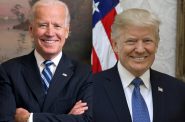 Apr 8th, 2024 by Steven Walters
Apr 8th, 2024 by Steven Walters
-
How Higher Ed Institutions Are Shrinking
 Apr 1st, 2024 by Steven Walters
Apr 1st, 2024 by Steven Walters
-
How New Supreme Court Influenced Legislative Decisions
 Mar 18th, 2024 by Steven Walters
Mar 18th, 2024 by Steven Walters
Transportation
-
Paper Table Has Plan to Address Double-Parking
 Apr 9th, 2024 by Sophie Bolich
Apr 9th, 2024 by Sophie Bolich
-
Just How Bad Are Milwaukee’s Roads?
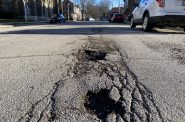 Apr 7th, 2024 by Graham Kilmer
Apr 7th, 2024 by Graham Kilmer
-
MPS Makes the Case for Referendum
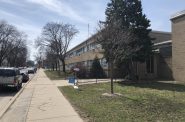 Mar 23rd, 2024 by Graham Kilmer
Mar 23rd, 2024 by Graham Kilmer


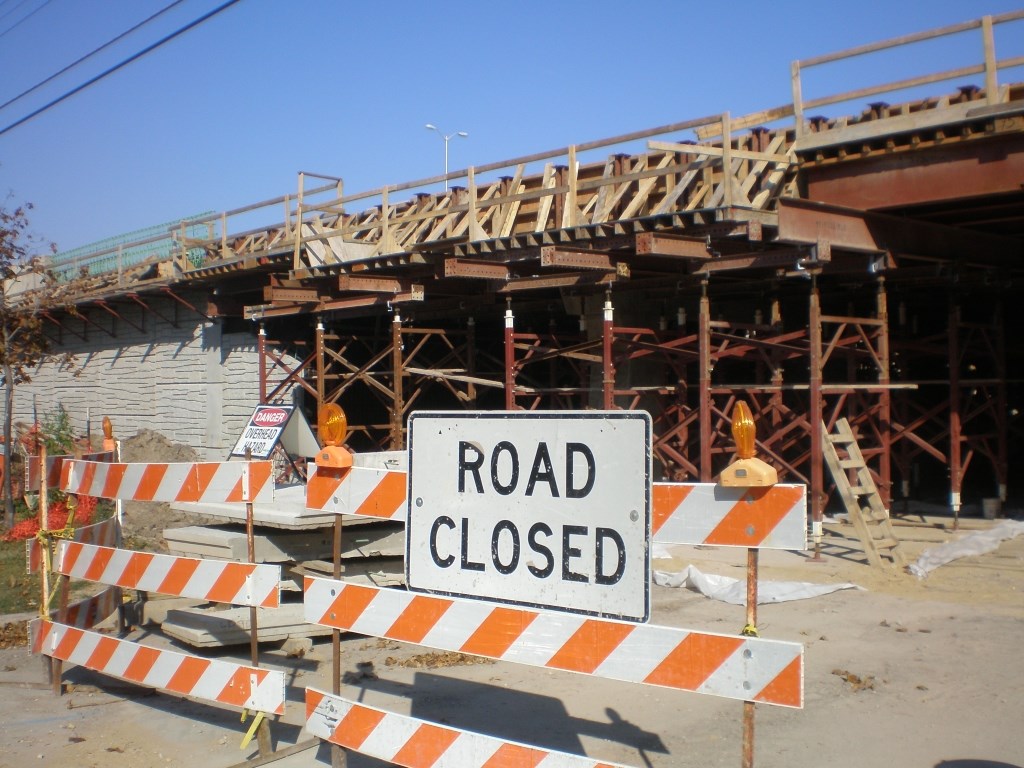
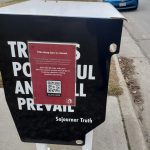














“Don’t try this at home: Out of every $100 in family income, $21 must be used to pay off debts.”
Ummm … regardless of how one feels about transportation financing, this is a pretty silly statement. As anyone with a mortgage and car payment knows, a household debt to income ratio of 21% is actually pretty reasonable and is probably well below the norm.
While i am not a big supporter of new road construction i am a supporter of modernization of the entire transportation system and other infrastructure investments. What Steven Walters is calling credit card debt is really a capital investment. The investments in transportation are intended to serve for decades, why should today’s tax payer pay for the use of roads perhaps decades into the future. Debt incured for a infrastructure investment is a appropriate way to have future generations pay their fair share. Debt incured for todays operating expenses is a burden on future citizens.
We have to change the tax system, charge electric far more, hybrids and the smaller, high mpg cars or our roads will destruct.
WCD, how many electric cars are actually out there in WI? What, that’ll get us an extra $20,000 a year… maybe you can pave 50ft of road with that.
We do have to change the tax system, make the drivers (car & truck) pay for the roads they use in proportion to how much they use them. A system like that funds itself & will never go hat in hand to raise taxes on everyone else.
Why not charge obscene gas guzzlers more as opposed to the people making sound fuel consumption decisions?
Vincent, that’s exactly what the gas tax currently does.
Why should we change that and penalize people for buying fuel efficient vehicles? I guess we should also increase the tax on fruit and give away candy bars.
Vincent – we do that already.
Tax the working people, and give the money to those not working.
Ben, that’s a lazy excuse & doesn’t explain why our roads are falling apart. There needs to be a moratorium on new lanes until the existing roads are in better condition.
You don’t put a new addition on your house when the roof is caving in.